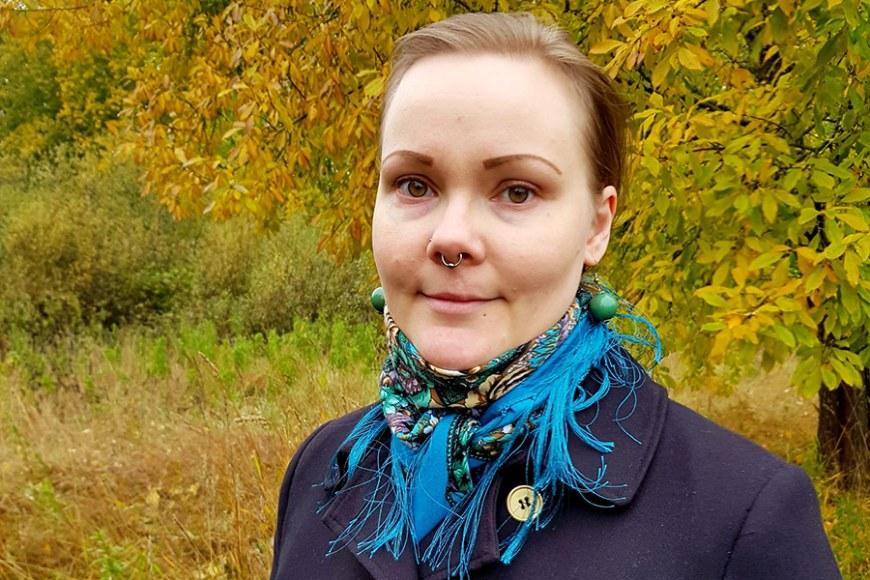
Neutrality was the defining feature of Finnish foreign policy for decades. When Finland applied for NATO membership, the nature of Finland’s neutrality was debated, with some claiming that Finland had ceased to be neutral on joining the European Union in 1995. In this discussion concerning Finnish neutrality, there was often an underlying assumption that one proper definition for neutrality could indeed be found, but on the other hand no consensus regarding its interpretation or practical application. Historical debates on neutrality could be characterized in a similar way.
The neutral states themselves have been active participants in debates on how neutrality should be understood or what is or is not possible for a neutral state. In the Cold War discussion on neutrality, a new feature was the coining of a rival concept for Cold War non-alliance, non-alignment, embraced in particular by former colonial states.
– The states that opted out of the bloc division were a heterogenous group, including neutral Sweden, Finland, Austria and Switzerland from Europe and non-aligned India, Yugoslavia, Egypt, Indonesia, Ghana and dozens of others around the world. The Hague Conventions did not cover most of the key issues for Cold War neutral and non-aligned states, thereby leaving these states ample room for manoeuvre when it came to deciding on how to pursue their peacetime policies.
What united these states, in addition to their lack of bloc membership, was that they presented the trust and understanding of others as being of key importance. Neutral and non-aligned states were also compelled to consider both the negative and positive implications of neutrality, including opting out of blocs being seen as amoral fence-sitting, or in contrast, as a moral choice in the service of peace. Public rhetoric explaining and justifying these policies was an important part of neutral or non-aligned foreign policy.
– The period covered by my dissertation, the early 1960s, was a time when neutrality was much discussed. The non-aligned conferences in Belgrade and Cairo raised non-alignment to prominence. In addition, both neutral and non-aligned states were compelled to contemplate their attitudes towards the other concept, towards topical issues such as disarmament, and also towards membership of and participation in organizations such as the UN or the EEC.
There were differences in the public rhetoric of neutral and non-aligned states. For instance, the non-aligned states stressed the importance of building a more equal international community, whereas the European neutral states were more open in their rhetoric about calculations based on the national interest underlying their choice to stay neutral. Both groups distinguished between the two concepts but also recognized possible misunderstandings resulting from the closeness of these concepts.
– Nevertheless, there are undeniable similarities in the types of arguments put forward and values stressed, peace and self-determination, for instance, being prominent in the rhetoric of both groups. In addition, the sources show that neutrality or non-alignment was not the only determinant in the international position of these states. Characteristics such as smallness or regional identities could be equally important, as Alanen sums up.
The doctoral dissertation by Onerva Alanen MA in the field of history entitled An expression of responsibility - Conceptualizing and justifying neutrality and non-alignment in the 1960s Cold War will be publicly examined at the Faculty of Social Sciences, Tampere University on Saturday, 29 October 2022 at 13.00 in the Pinni B building, Lecture Hall 1096 (Kanslerinrinne 1). The Opponent will be Professor Wolfgang Mueller (Universität Wien, Austria) and Professor Marjaana Niemi will be the Custos.
The event can be followed via remote connection.
The dissertation is published in print only. The summary is available at https://urn.fi/URN:ISBN:978-952-03-2545-9.
Photo: Antti Luoto
